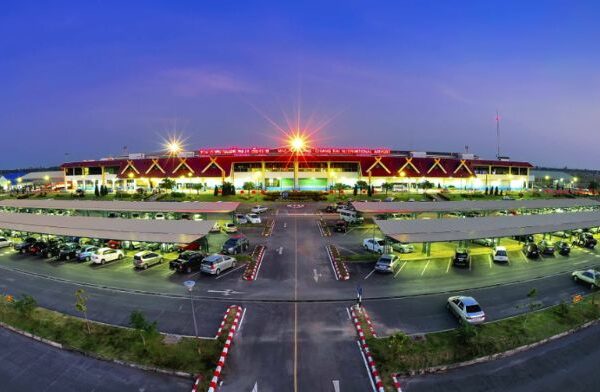With the global airport community gathering in Marrakesh, Morocco this week for Airports Council International (ACI) World’s Annual General Assembly, airports on the continent continue to demonstrate their commitment to reducing carbon emissions . The Airport Carbon Accreditation has announced new entries and upgrades to higher levels of accreditation.
Currently, there are now 25 African airports in 13 countries addressing their carbon emissions at one of the sic levels available through the Airport Carbon Accreditation framework. They jointly cover more than 40% of African air passenger traffic.
Expressing his delight at the increasing number of African airports joining and progressing on the Airport Carbon Accreditation programme, Ali Tounsi, Secretary General of ACI Africa said: “These achievements show that airports in the region are already contributing in very tangible ways to ICAO’s Long Term Aspirational Goal of net-zero CO2 for international aviation by 2050 – as they are addressing and eliminating emissions under their own control, while also increasingly working with businesses operating at their premises to influence further CO2 reductions. We celebrate the achievements of the carbon accredited airports and encourage all African airports to join the momentum.”
Conference host, Moroccan Airports Authority (ONDA) has met all the requirements to accredit two more airports within its network: Rabat-Salé Airport and Fès Saïss Airport on the scheme’s Level 1 ‘Mapping’. In addition, ONDA’s two primary hubs, Marrakesh Menara and Casablanca Mohammed V succeeded in upgrading to Level 2 ‘Reduction’ – the level at which airports are required to provide evidence of tangible CO2 reductions of emissions under their direct control.
Meanwhile, Monastir Habib Bourguiba International Airport (pictured), which is operated by TAV Airports joined the programme at Level 2, following in the footsteps of Enfidha Hammamet International Airport, the first airport to be accredited in the continent. It was also the very first to reach Level 3 ‘Optimisation’, which means it is activating its business partners and stakeholders operating at the airport site to get them involved in measuring and reducing their own carbon emissions as well as the airport’s own scope 1 and 2 carbon reductions. Meanwhile Abidjan Félix-Houphouët-Boigny International Airport in Côte d’Ivoire, remains the only carbon neutral airport in Africa.






